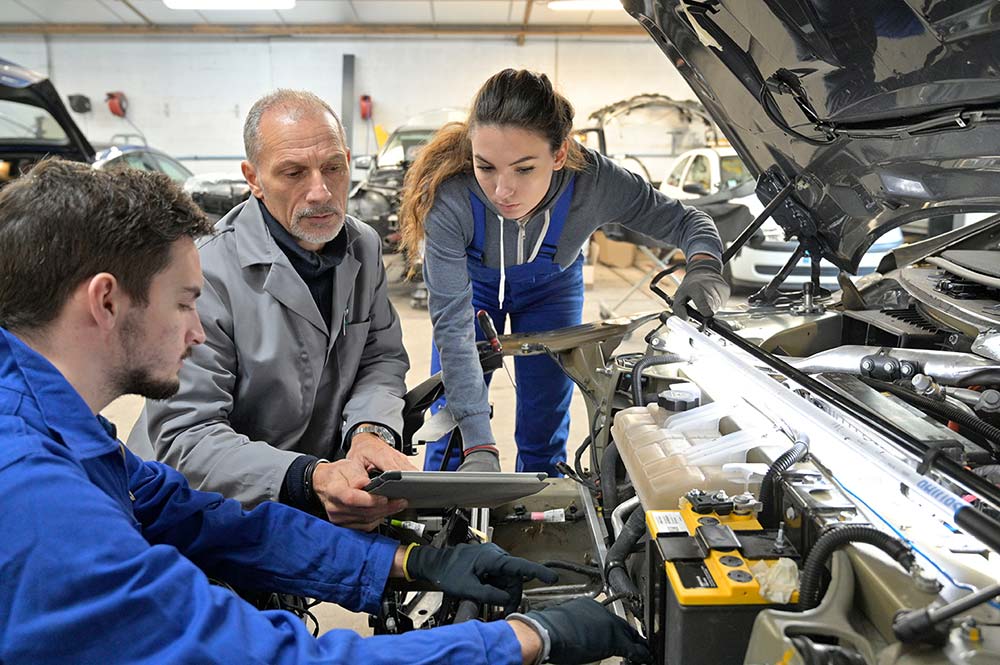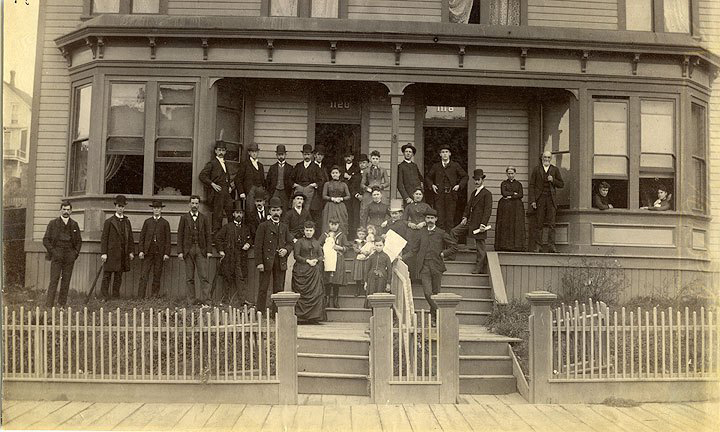- Navigator
- Workforce Development
 Career and Technical Education (CTE) programs and those who participate in them have been a key part of our society for decades. However, this does not mean that they have gone without stigma.
Career and Technical Education (CTE) programs and those who participate in them have been a key part of our society for decades. However, this does not mean that they have gone without stigma.
At my high school, we called the students who took part in CTE programs the “basement kids” because classes were held in the basement to accommodate program schedules. These same kids are now the adults we call to fix some of our most pressing problems — salvaging our car after an accident or saving our home from flood. Most of these “basement kids” are now gainfully employed and living without debt — and have been since they were 18. Many of us who used to make fun of these kids cannot say the same.
In the past few years, the stigma around CTE programs has begun changing as the cost of a college education and the demand from industries and economic developers for more skilled trades workers have both grown exponentially.
Increased support for and participation in CTE programs is crucial to economic development and flourishing societies, and everyone has a role to play.
What Can Economic Developers Do to Support CTE Programs and the Trades?
- Provide data that shows career outcomes for CTE programs.
- Incorporate tradespeople into business engagement and understand their needs.
- Serve as a connector between businesses and education providers.
- Include CTE programs in strategic planning.
- Work with education providers to tailor their programs to meet community needs.
What Can Educators and Guidance Counselors Do to Support CTE Programs and the Trades?
- Support all kinds of learners.
- Present the trades as a potential career pathway for all.
- Include tradespeople in career fairs and presentations.
- Be open to students leaving the classroom for CTE programs.
What Can Parents and the General Public Do to Support CTE Programs and the Trades?
- Change how you talk about the trades if you are reinforcing outdated stigmas and stereotypes.
- Learn more about career outcomes for CTE programs.
- Be open to different career pathways for the students in your life.
- Support all kinds of learning.
As many of our trades workers retire and leave holes in the workforce, we need to support the next generation of trained professionals as they enter and complete CTE programs. Regardless of your role—economic developer, educator, guidance counselor, parent, or other — you have a role to play in supporting CTE programs and cheering on those who complete them.
Camoin Associates offers its clients a variety of industry and workforce development services, including workforce-based target industry strategies, labor market analytics, workforce gap analysis, and workforce asset and ecosystem mapping. How can we help you meet your workforce and talent attraction goals? Contact us to learn more.
📍 Related Articles:
- Next Generation Workforce Part 1: What Young People Are Telling Us About Effective Recruitment
- Next Generation Workforce Part 3: Harnessing the Power of Young People to Future-Proof the Workforce
- 8 Questions You Should Be Asking the Youngest Person at Your Company
- The Real-Life Impact of Aligning Economic Development with Workforce Development





